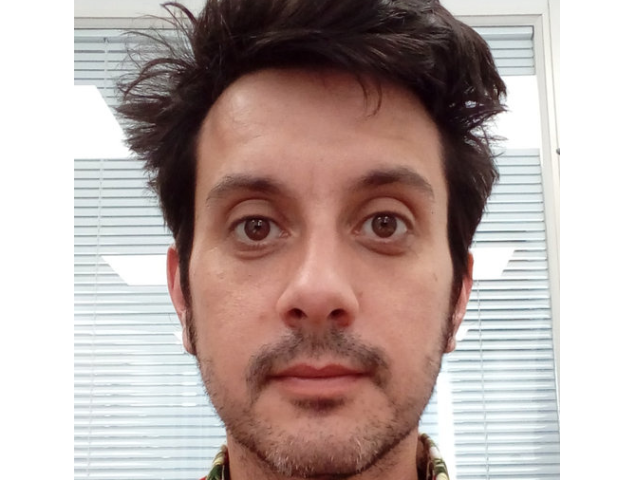
From early diagnosis to hug dolls – new preventative ways of supporting people living with dementia
17 May
To mark Dementia Action Week (15 to 21 May), we are highlighting the current research being conducted in Wales which focuses on improving care for people living with dementia.
A study by Dr Simon Read, a Health and Care Research Wales Social Care Research Fellow, is looking into the best preventative social care practices for older people who are receiving some form of care or support, including those living with dementia.
Dr Read’s project is exploring the different organisations in Wales providing preventative care with the goal of offering support at the earliest stage of any possible diagnosis, as well as before the condition is formally diagnosed. Traditionally, a person with a possible dementia diagnosis would progress into the health care system: they would visit their GP, discuss their symptoms and be sent for additional testing and assessment in memory clinics or other outpatient settings. Increasingly, the intention is to ensure as many support options as possible, including from within local communities outside of the formal care system, for those living with dementia or some form of cognitive impairment.
Dr Read, who is based in Swansea University's School of Health and Social Care, has been working in the ageing-related academic field for 13 years and has always focused on issues around older people. He said:
I found it's such an interesting topic. I've always had great relationships with older members of my family, and I think there was always a level of interest in how certain issues play out when you get older, which I followed up with on a research level.”
When Dr Read started interacting with people diagnosed with dementia, he found working with them and including them in the research remarkable:
You hear such fantastic stories from them, from people who are obviously going through something quite traumatic. Their ability to recount their experiences at certain stages of dementia was an eye opener for me because I had no idea at that stage how the condition played out until I started interacting with people who are experiencing it.”
Dr Read has been most impressed, so far, by what he has learned about the use of technology around dementia and its treatment. Digital reminiscence therapies, hug dolls and virtual pets have been shown to help and comfort people diagnosed with dementia, mitigating some behavioural issues and deterioration.
Aside from these more tactile forms of technology, Dr Read is also exploring organisations supporting people in their own homes in other ways:
We're hearing of instances where people are monitored, to some degree, in their own homes. This kind of home support system might use sensor technology picking up unusual movements, but also might simply be a check-in call every now and then to monitor their wellbeing.”
To keep up with research news in Wales sign up for our bulletin.